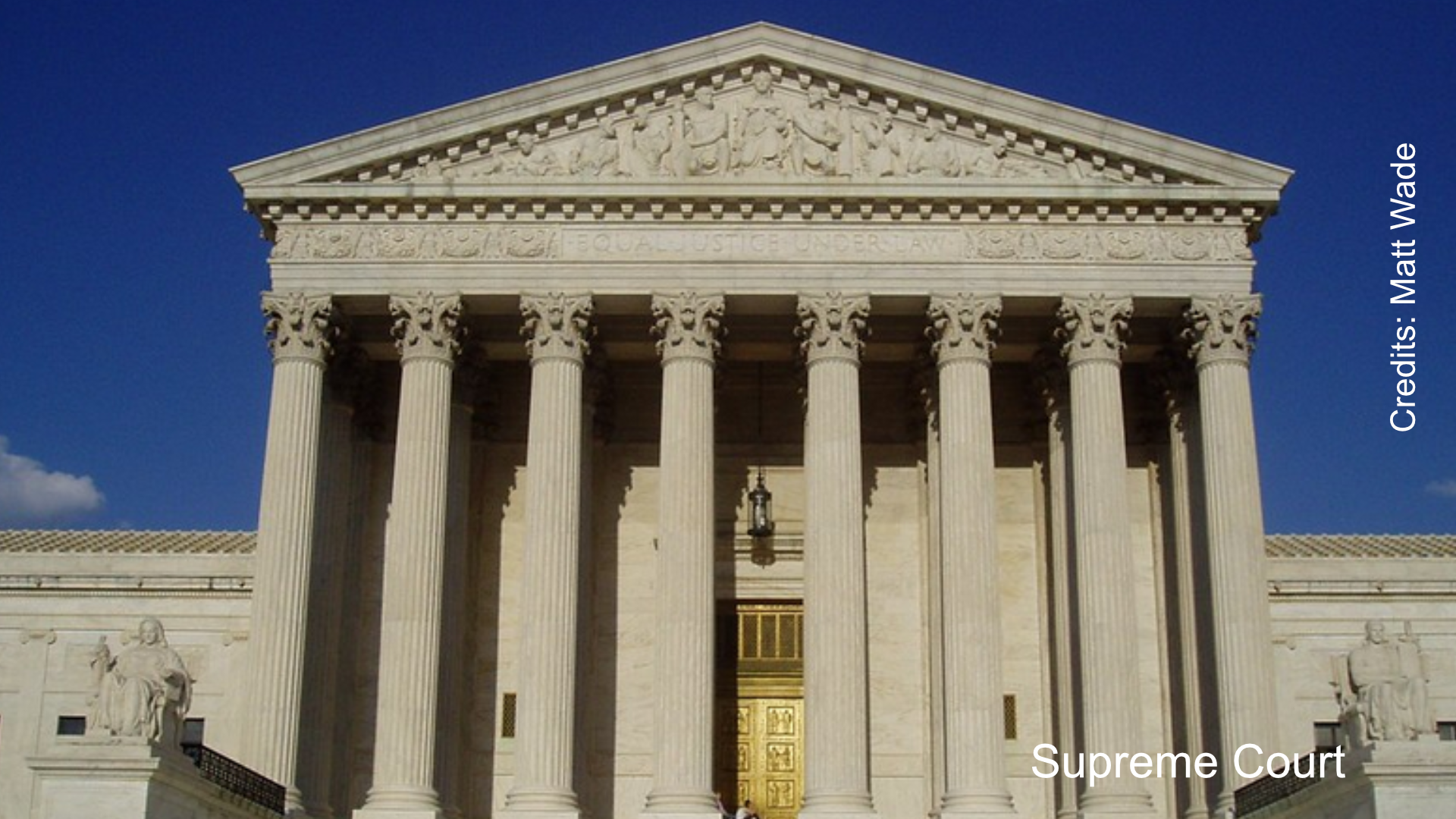In a recent decision, the Supreme Court opted not to hear a challenge from Republican state lawmakers in Pennsylvania against a Biden administration’s executive order aimed at boosting voter registration. This executive order, viewed by some as an unconstitutional intervention in the electoral process, was previously dismissed by lower courts. The justices’ refusal to hear the appeal marks a significant moment in the ongoing debate over voter registration and election integrity.
- The Supreme Court declined to hear a challenge from Pennsylvania Republican lawmakers against a Biden administration executive order aimed at enhancing voter registration, leaving lower court rulings intact.
- The appeal, backed by Republican officials, sought to block what they viewed as unconstitutional federal involvement in election processes.
- This decision is part of a broader pattern in which the Supreme Court has rejected election-related appeals, emphasizing its commitment to dismissing cases that lack substantial legal foundation.
- The ruling reinforces ongoing tensions between state and federal authorities over election laws and executive power, setting a precedent as future elections approach.
The appeal was supported by nine Republican secretaries of state and 11 members of Congress, who sought to halt what they perceived as federal overreach. Despite their efforts, the Supreme Court denied the expedited request to consider the case. The decision is part of a broader context where the court has similarly rejected appeals related to claims against Dominion Voting Systems, following the 2020 presidential election.
The implications of the Supreme Court’s decision resonated with various media outlets. They noted the court’s consistent stance in dismissing cases that lack substantial evidence or present claims deemed baseless. This decision reinforces the court’s approach to election-related disputes, focusing on upholding established legal precedents and rejecting challenges without concrete legal foundations.
The rejection of this particular case underscores the complexities involved in navigating electoral laws and federal mandates. It highlights ongoing tensions between state and federal authorities regarding election administration and the scope of executive power. As the country inches closer to another election cycle, the Supreme Court’s decision sets a precedent for how similar cases might be handled in the future.
By letting the lower court’s ruling stand, the Supreme Court has, in effect, supported the Biden administration’s efforts to enhance voter registration and participation. This decision is seen as a win for those advocating for increased voter engagement and accessibility, although it remains a contentious topic among different political factions.







Be First to Comment